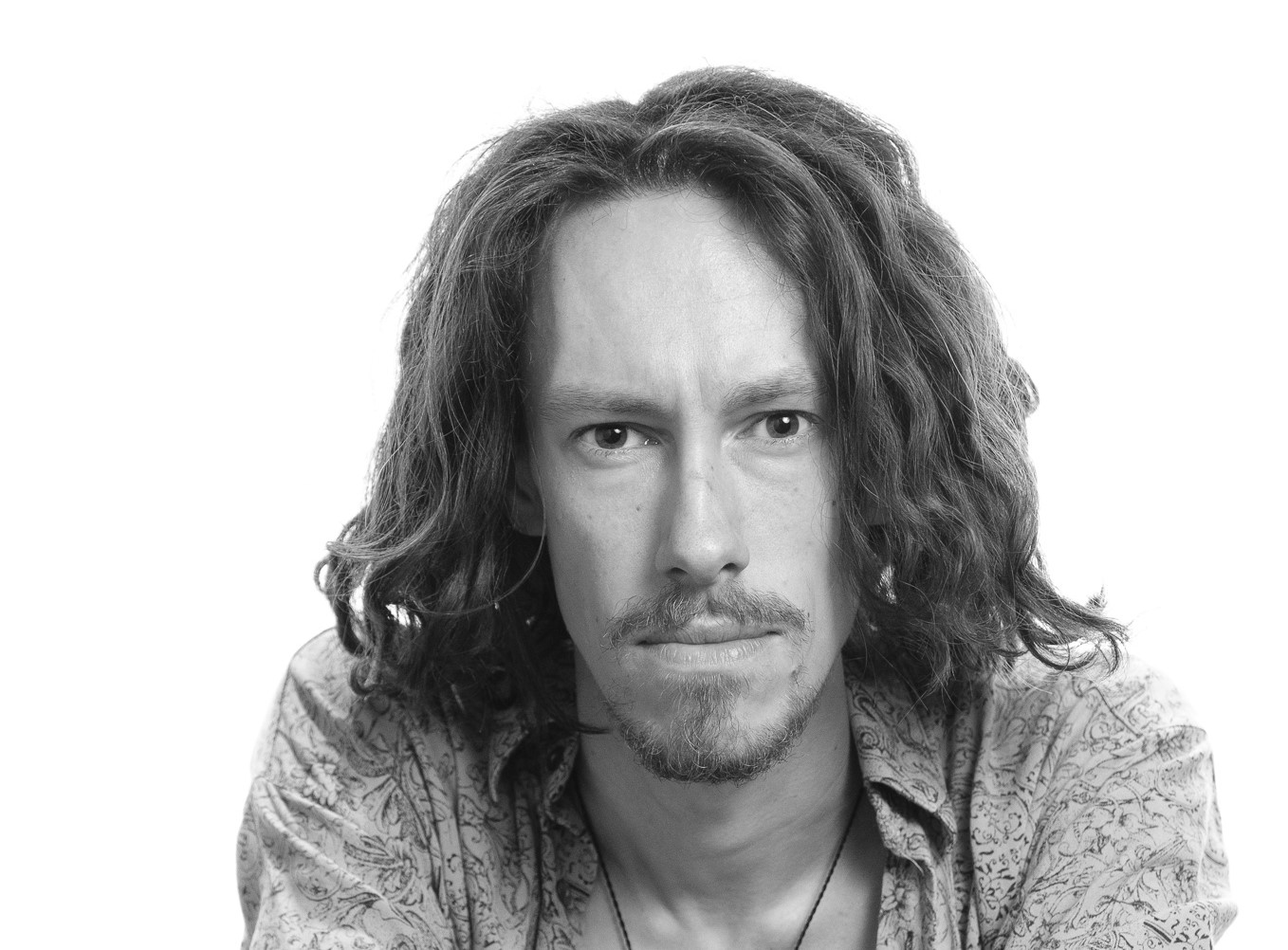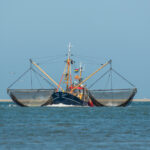‘I just cannot let myself get emotionally attached again’, my neighbour sighs, shaking his head slowly. ‘Even just looking at them…’, he concludes. While taking another drag of his cigarette, his eyes drift over the undergrowth before settling on the squirming pile of yellow fluff, he corrects himself and looks at me instead. I nod solemnly and sneak closer to the faint noises being emitted from the bushes. The mother duck, an imported Chinese runner duck, starts making troubling sounds and turns her body on top of the last remaining eggs to face me. Around her, the newly hatched ducklings of the second batch this summer, are staggering around, and into, one another, huddling in their soft bliss. I count seven. ‘Weren’t there nine?’ I call to my neighbour. He shrugs. ‘I thought there were eight’, he says, pressing his cigarette butt into a ceramic ashtray.
About a month or two ago, the mother duck had paraded around the first batch of five chicks that she managed to hatch, settling in the pond where they promptly started triumphantly washing themselves and lazily looking for food. Later that day, my computer work was interrupted by splashing, quacking and cheering. I ran out, where I found two guys wading through the cold water. One, fully dressed, was holding the net of strainer with which he had successfully extracted one of the five ducklings from the water. The plan was as follows: catch the ducklings, use them to lure the mother into a trap, and then release them into an empty chicken coup that had been prepared for them to protect them from cats and birds of prey. I joined the peacekeeping intervention, with genuine concerns that their little duckling hearts may give out due to the stress. An hour later we victoriously released the family in the chicken coup. We admired their adorable innocence and left them to it.
The grieving mother won’t stop running around calling the babies
Surprisingly soon, the ducklings were released, large enough to defend themselves, into their semi-natural habitat. But we had done too well; all five survived, and they were cooperating. Together with the mother and the two fathers – a complicated family drama – the eight of them slid into the pond. In no time they would be found raiding gardens, shitting everywhere, and successfully rendering the pond unliveable for most other forms of aquatic life. We promptly decided not to interfere with this cruel God of ducklings on a future occasion.
I wake up, too early, to the desperate quacking of the mother duck. I go out, to find her tirelessly running around the house looking for the newly-hatched ducklings. But none remain. One of the fathers is already making inappropriate advances to make new ones, but the grieving mother won’t stop running around calling the babies. I avert my eyes guiltily.
Not interfering may have been right on an ecological level, but not on a humane level. I frown and wonder which should matter more, then I go and make breakfast.
Luuk Slegers is masterstudent Internationale Ontwikkeling, richting Sociologie, en woont in Wageningen op Droevendaal met zijn vijf huisgenoten. Hij gaat graag ’s morgens een stuk wandelen in het Bennekomse bos.

 Foto: Guy Ackermans
Foto: Guy Ackermans 

